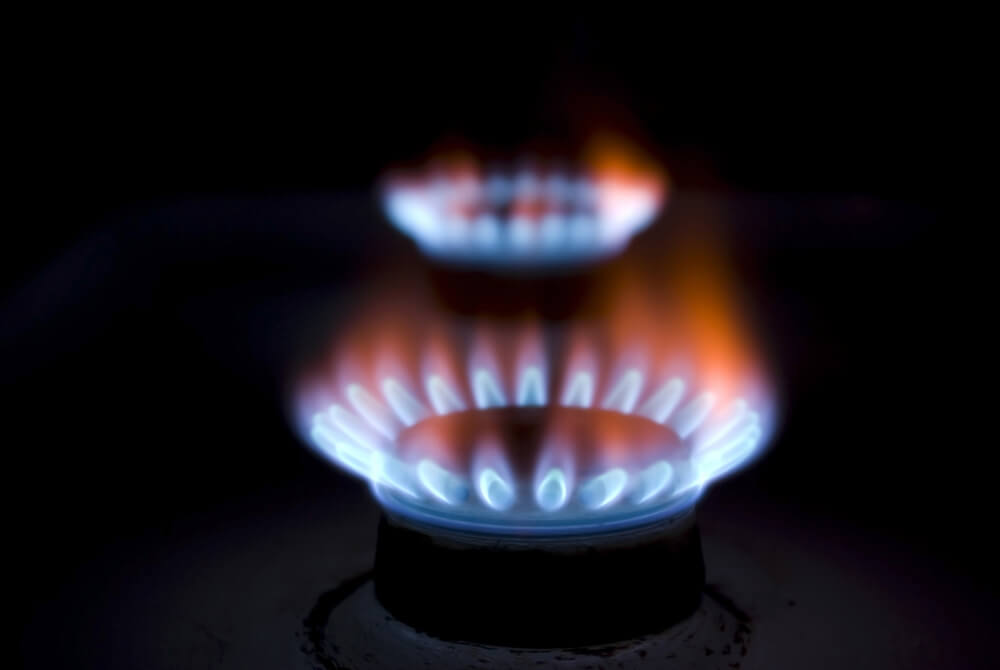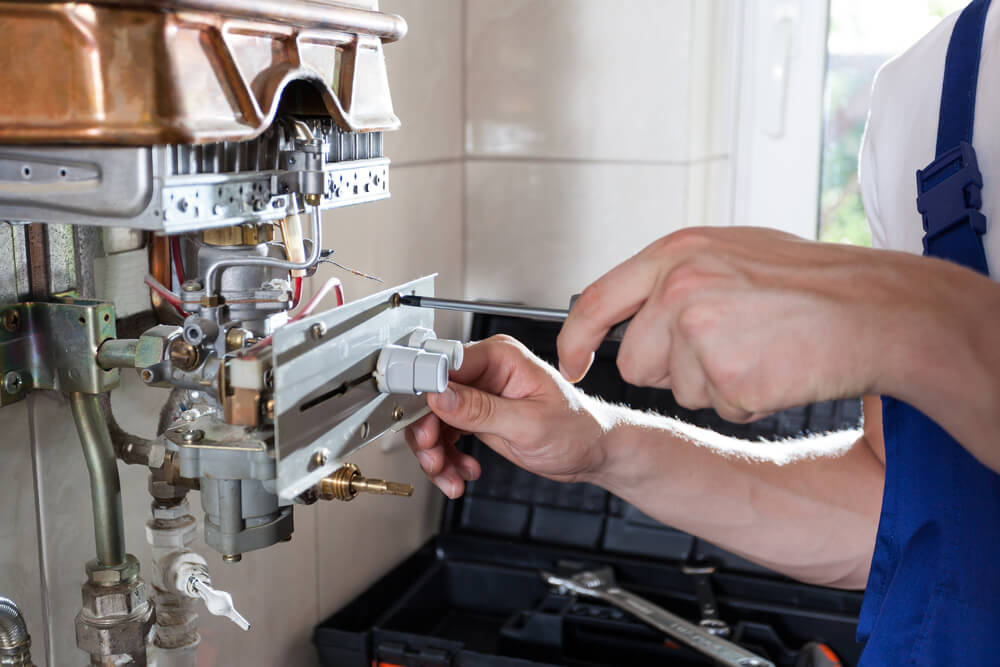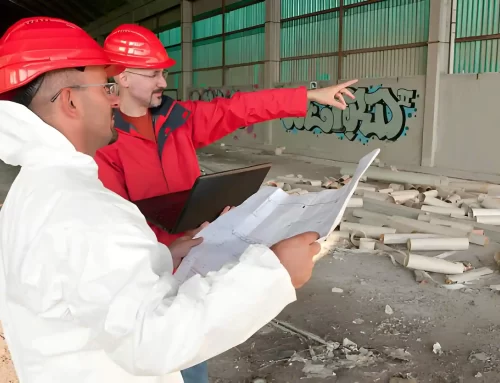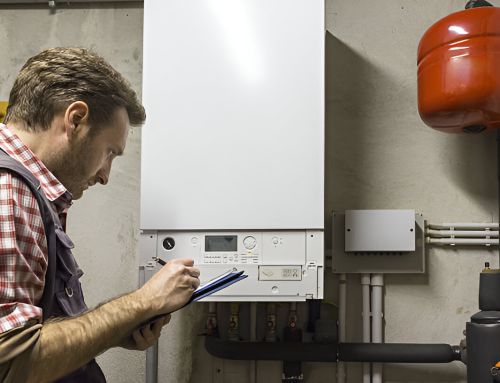
Landlord Obligations – Gas Safety (Gas Safety Certificate Landlord Obligations)
Gas Safety Certificate Landlord Obligations;
No matter if you’re a landlord or tenant, it is essential to understand your responsibilities regarding gas safety in your property. Disobedience can result in severe penalties and even criminal prosecution – so do your due diligence now!
Your legal obligations as a landlord include providing gas safety checks annually. This requirement stems from the Gas Safety Regulations 1998, and you must keep records of these inspections for at least two years.
Maintaining the property (Gas Safety Certificate Landlord Obligations)
Gas Safety Certificate Landlord Obligations;
As a landlord, your responsibility is to guarantee the health and safety of the property you lease. This includes making sure all gas appliances and flues are functioning properly.
That is why it is mandatory to arrange an annual gas safety check for all your rented properties. This is a legal requirement and can only be completed by an accredited Gas Safe registered engineer. Once complete, you will be issued with a Landlord Gas Safety Record form (CP12), which records all details of the inspection.
When it comes to gas safety certificate landlord responsibilities, one of the most essential requirements is that any repairs and maintenance work be completed promptly. This is because HSE (Health & Safety Executive) may prosecute landlords who fail to carry out necessary checks.
Maintain a copy of your Landlord Gas Safety Record (LGSR) for at least two years, as this will serve as evidence that you are abiding by all gas safety duties. Having an up-to-date gas safety certificate can greatly enhance the value of your property to potential buyers if ever decided to sell it.
When maintaining your gas installation, you must watch out for any signs of corrosion. This could lead to leaks which could cause harm. Therefore, regular inspections of the property’s pipework, flues and chimneys is a must.
Finally, it is wise to regularly inspect any gas appliances in the property for proper functioning. Faulty equipment can be extremely hazardous and put your tenants’ lives in jeopardy, so this step should never be overlooked.
Finally, don’t forget that you have the option to evict your tenants if they refuse access for an annual gas safety check. Alternatively, issue a section 21 notice and this should force your tenant to allow access for inspection.

Inspecting the installation (Gas Safety Certificate Landlord Obligations)
Gas Safety Certificate Landlord Obligations;
Gas safety certificates are a legal requirement for landlords who rent out their property, and it’s vital to guarantee that any gas installations in the building are secure. If a landlord fails to fulfill these responsibilities it could be considered a criminal offence.
Landlords should conduct routine checks to guarantee the gas installation and appliances in a house are functioning optimally. This involves inspecting all pipework bringing gas into the property as well as flues used to remove fumes.
Gas Safe registered engineers should perform this check at least once every 12 months to give you peace of mind that the installation and appliances are in safe condition, as well as to identify if any maintenance or repairs need to be done. This way, you’ll know if any maintenance is needed or repairs need to be made.
Once the inspection is complete, a gas safety certificate will be issued. This will include the name and registration number of the Gas Safe engineer who performed the inspection as well as their signature and date of inspection.
When your gas safety certificate is issued, make sure to give a copy to your tenants for their peace of mind and proof that you are fulfilling your responsibilities as a landlord.
Accessing a property for gas safety checks can be an uphill battle, but you must strive to meet your legal obligations if possible. If the tenant refuses to let you in and there are no other options, then applying for a Section 21 notice may be your only option.
If this method doesn’t work, you may also apply for a court injunction in order to gain access to the property. While this can be expensive and time-consuming, it gives you legal protection in case they continue denying you entry.
If you can demonstrate that you have attempted three times to complete the safety check, possession proceedings (under section 21) or an application for a County Court injunction should be initiated.
Repairing any faults (Gas Safety Certificate Landlord Obligations)
Gas Safety Certificate Landlord Obligations;
As a landlord, you have certain legal responsibilities regarding gas appliances. These include making sure they are secure and arranging annual maintenance checks; additionally, providing tenants with a gas safety certificate.
If your gas safety certificate fails, there are several options for rectifying the problem. You can either appoint a registered engineer to make repairs or have an experienced specialist inspect and make necessary changes.
No matter who performs repairs on an appliance, it is essential to keep all records from the check. These should include when and where it was checked, any defects identified as well as any remedial action taken. You should keep copies of these records for at least two years after inspection.
Recording the name and registration number of the engineer who carried out the work is advisable. Doing so could prove advantageous in case there is ever any legal dispute down the line.
If a repair does not go as expected, the engineer should notify the Gas Emergency Service Provider (ESP). They have legal authority to demand entry to the property and may even cut off gas supply to an installation if safety cannot be ensured within an acceptable timeline.
Another option is to have a specialist come and replace the appliance. While this will cost more, it’s much safer and can improve the efficiency of your heating system.
Once a safety issue is identified, an engineer will mark it on the gas safety certificate with an appropriate code to indicate its severity. This could range from ‘immediately dangerous’, ‘at risk’ or ‘not to current standards’.
Immediately dangerous is one of the most alarming codes, as it could pose a grave danger to you or your tenants’ lives if not addressed immediately. Once a gas engineer has identified this code on your certificate, they will request permission to disconnect installation. You should only give them this permission if you agree; otherwise, you could be in breach of legal responsibilities and endanger their lives.

Keeping records (Gas Safety Certificate Landlord Obligations)
Gas Safety Certificate Landlord Obligations;
A Gas Safety Certificate, also known as CP12, is essential paperwork for landlords and an integral component in guaranteeing your property meets safety regulations. It verifies that flues, appliances and fittings have been examined for safety by a qualified engineer within the last 12 months.
Gas safety certificates should be provided to your tenants at the start of their tenancy or within 28 days of their arrival, and it’s essential that you maintain it for at least two years. In case you find yourself needing to defend an eviction claim against your tenant, this certificate could prove beneficial as evidence that you met all legal obligations as a landlord.
Maintaining records of any work done on the boiler and other gas appliances, including receipts or invoices, can be invaluable for tax purposes as well as demonstrating that you’ve met your legal obligations as a landlord.
Record-keeping maintenance tasks and safety checks can save time and energy, as it makes it simpler to monitor any issues that arise. Furthermore, keeping tabs on expenses makes planning for your next payment simpler too.
As a landlord, it’s essential that you regularly conduct safety inspections and maintenance checks on your gas appliances and pipes to guarantee they are in proper working condition. Unsafe pipes or appliances may lead to serious risks like carbon monoxide poisoning, gas leaks, fires or explosions.
Landlords must keep a record of their gas safety check ups and the engineer who completes them. Doing this helps them demonstrate that they are fulfilling legal obligations, which may prevent large fines or evictions.
To comply with gas safety regulations, landlords must arrange annual checks by a qualified Gas Safe engineer. These assessments are overseen by the Health and Safety Executive who enforces these rules on behalf of both landlords and tenants alike.
Our Pricing
| Our Gas Safety Certificate Prices |
|---|
| Gas Safety Certificate 1 Appliance £40 |
| Gas Safety Certificate 1 Appliance £45 |
| Gas Safety Certificate 1 Appliance £50 |
| Gas Safety Certificate & Boiler Service £74.99 |
Check Out Our Other Services
About the Author: LandlordCertificate
Related Posts
Get Social
Recent Posts
- Choosing the Right Consumer Unit for Fuse Box Installation London in Properties
- Electrical Diagnostic London: How Professional Testing Keeps Your Property Safe and Compliant
- Asbestos Management Survey London: Update Your Property Records
- Gas Safety Certificate London: Why Regular Checks Save Money Long-Term
- FRA London Explained: How a Professional Fire Risk Assessment Keeps You Compliant and Safe













